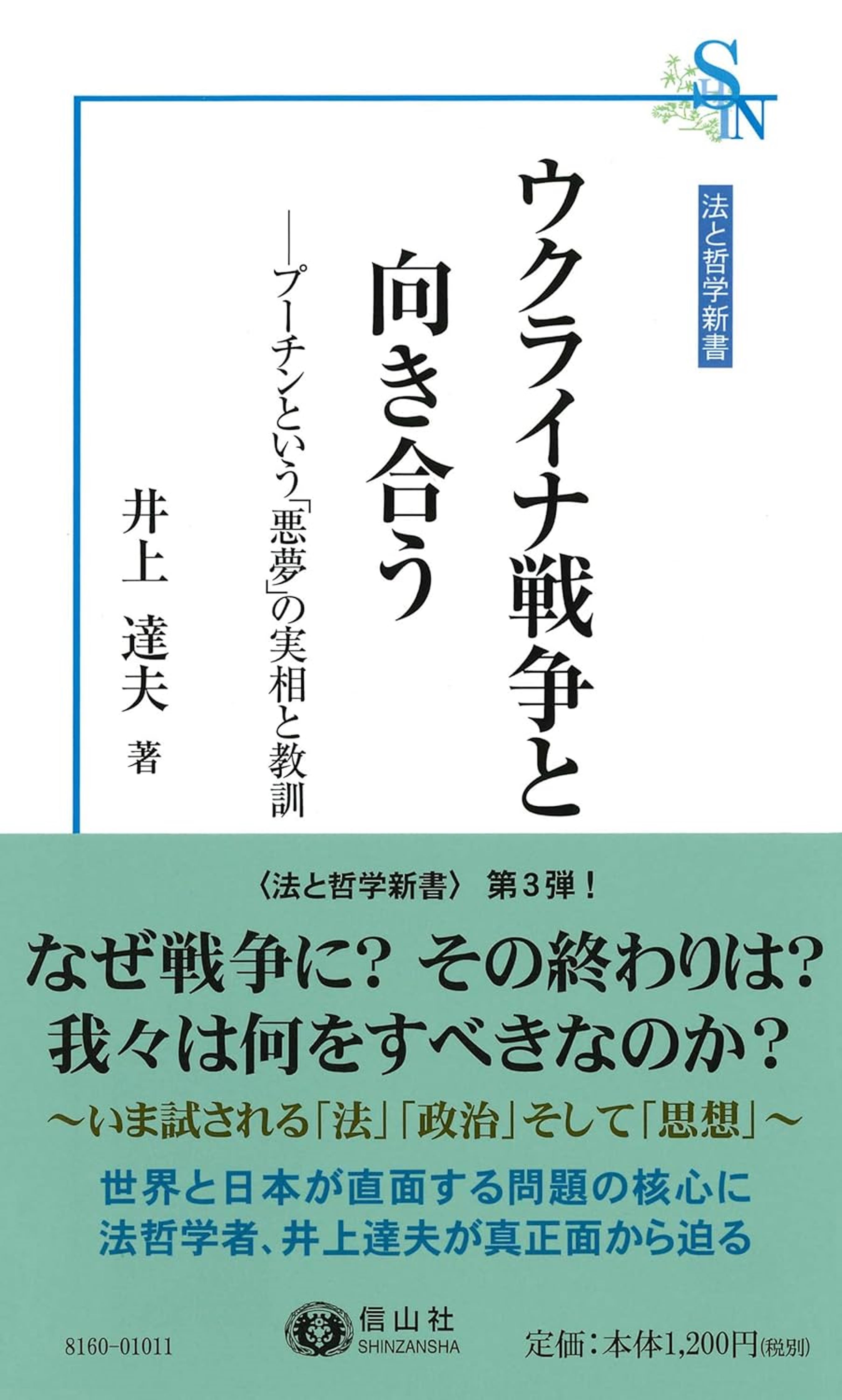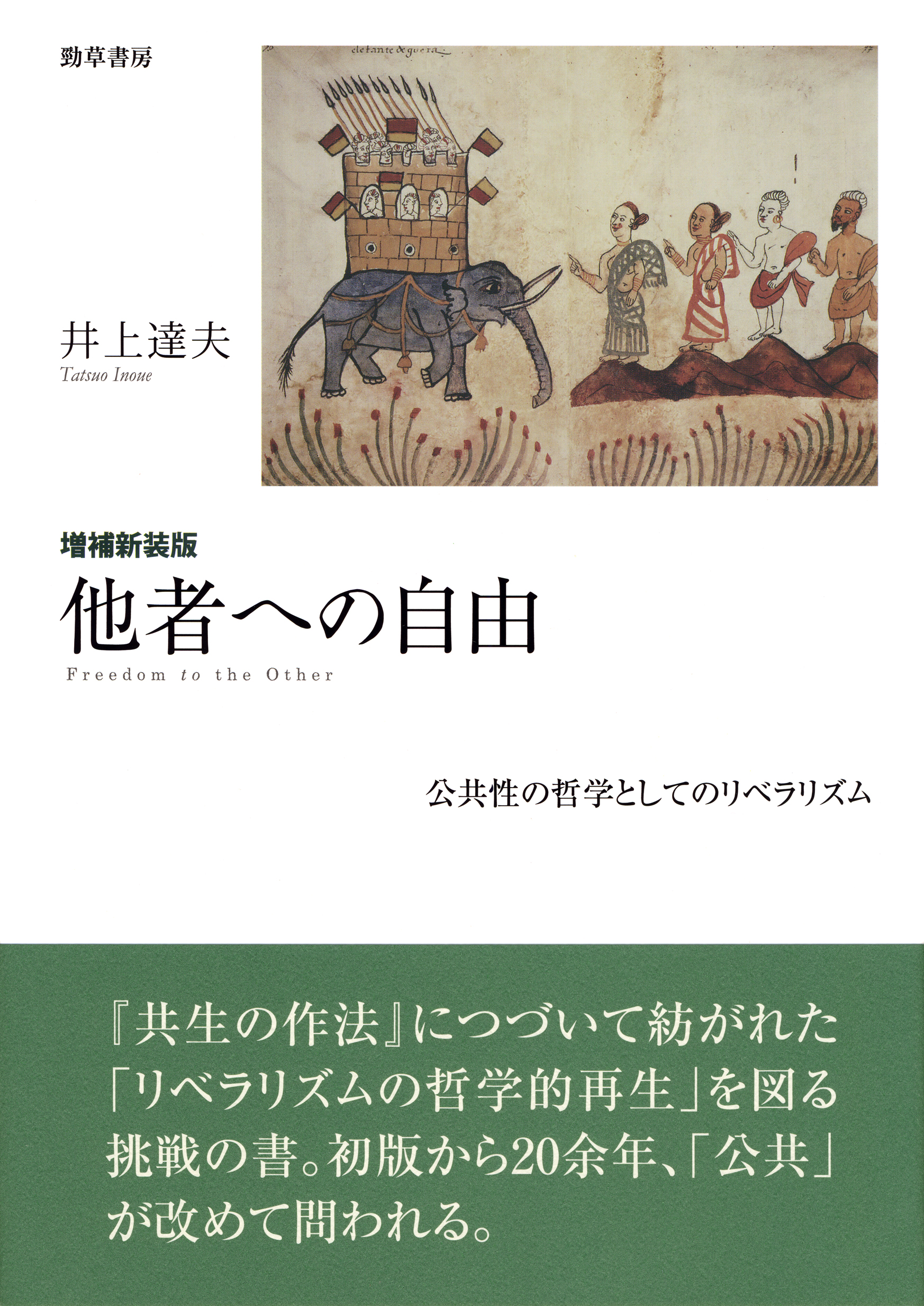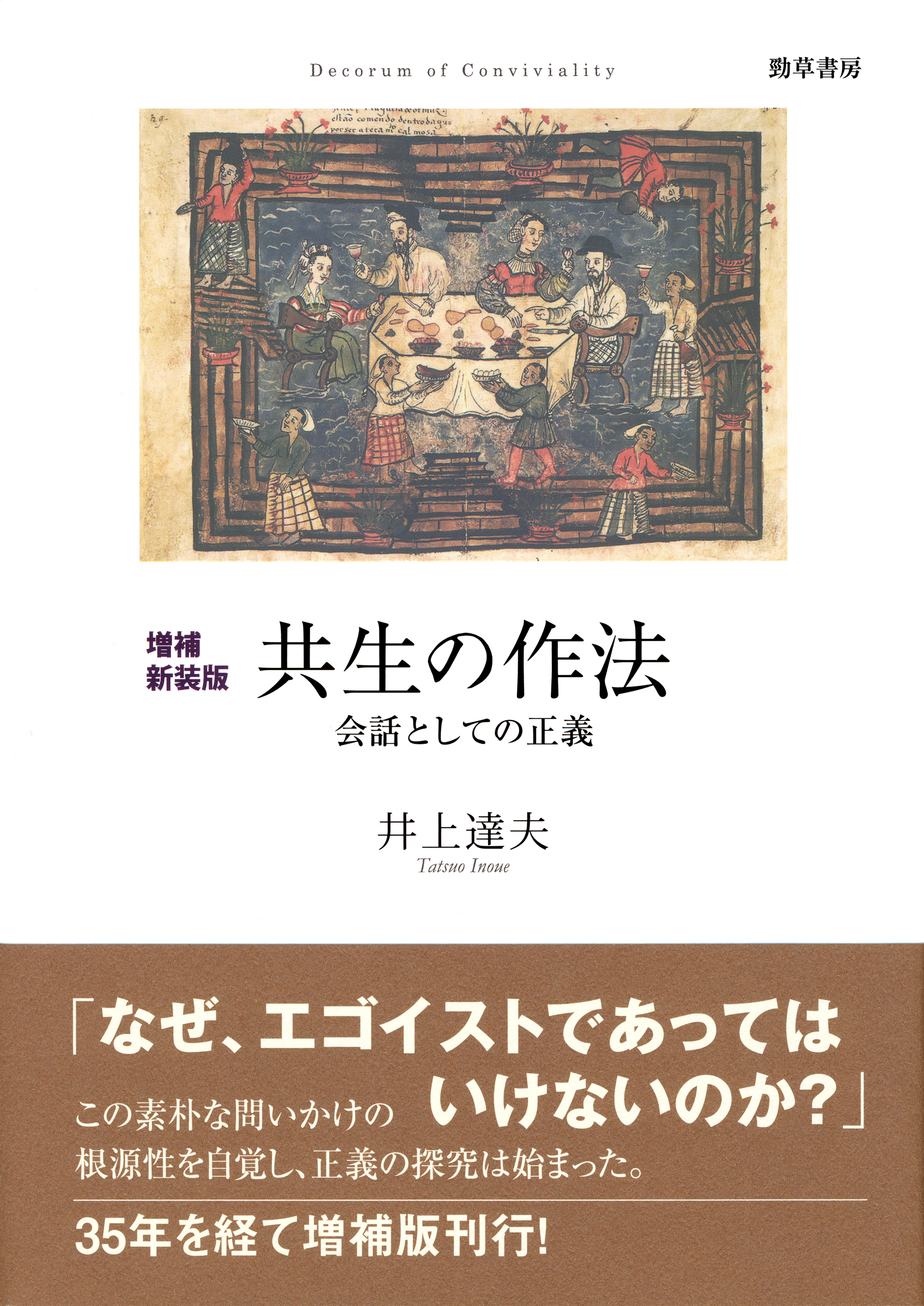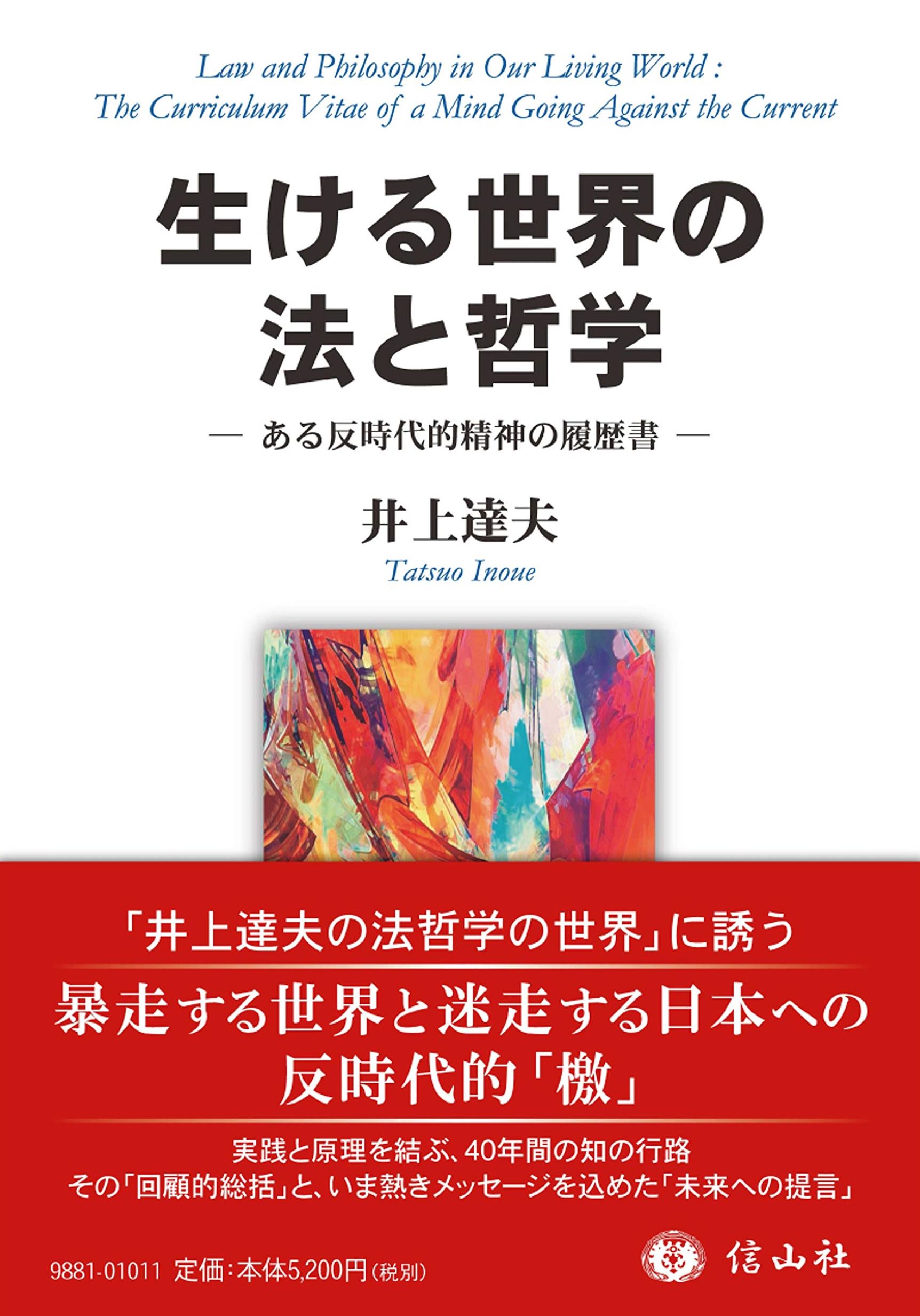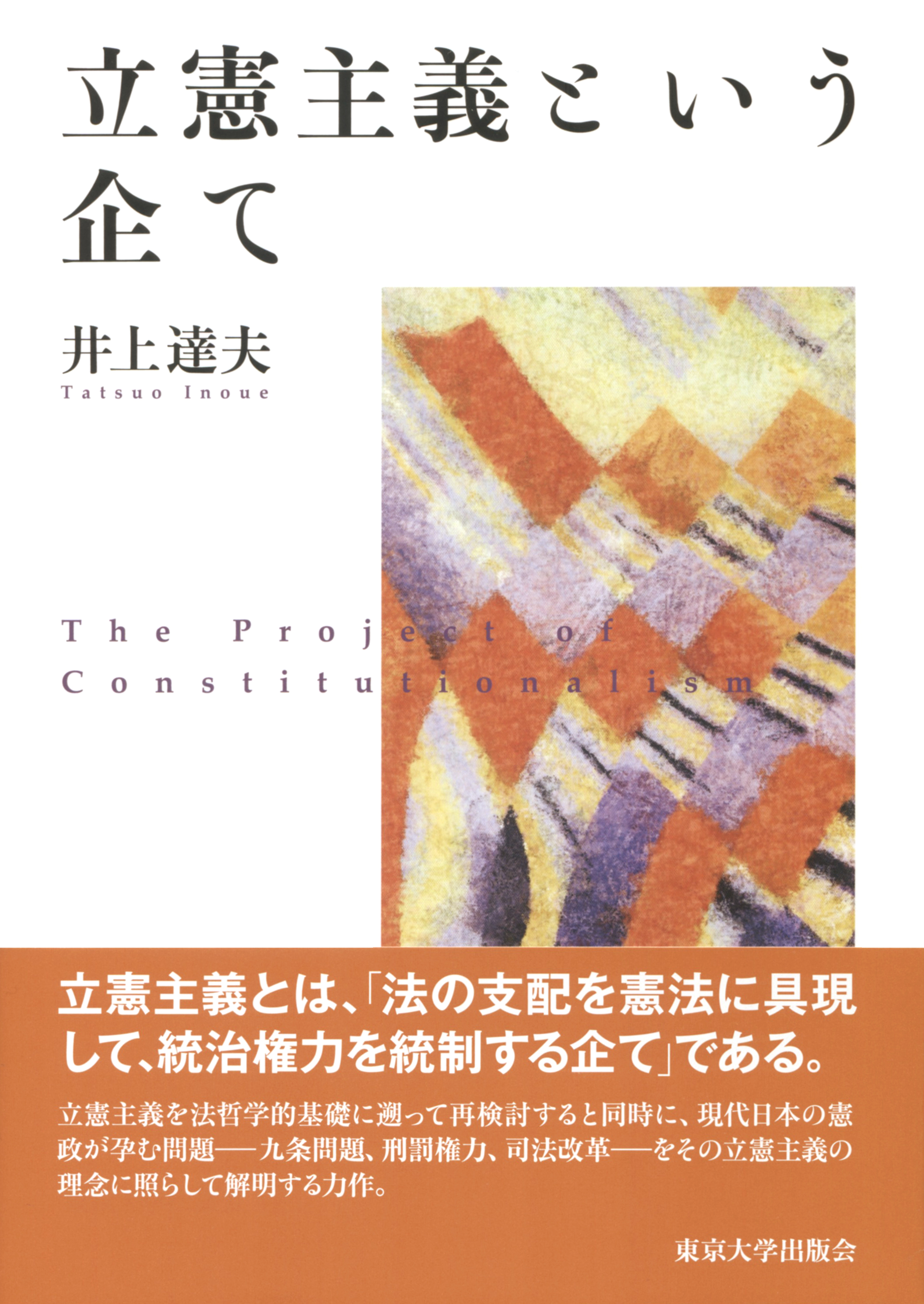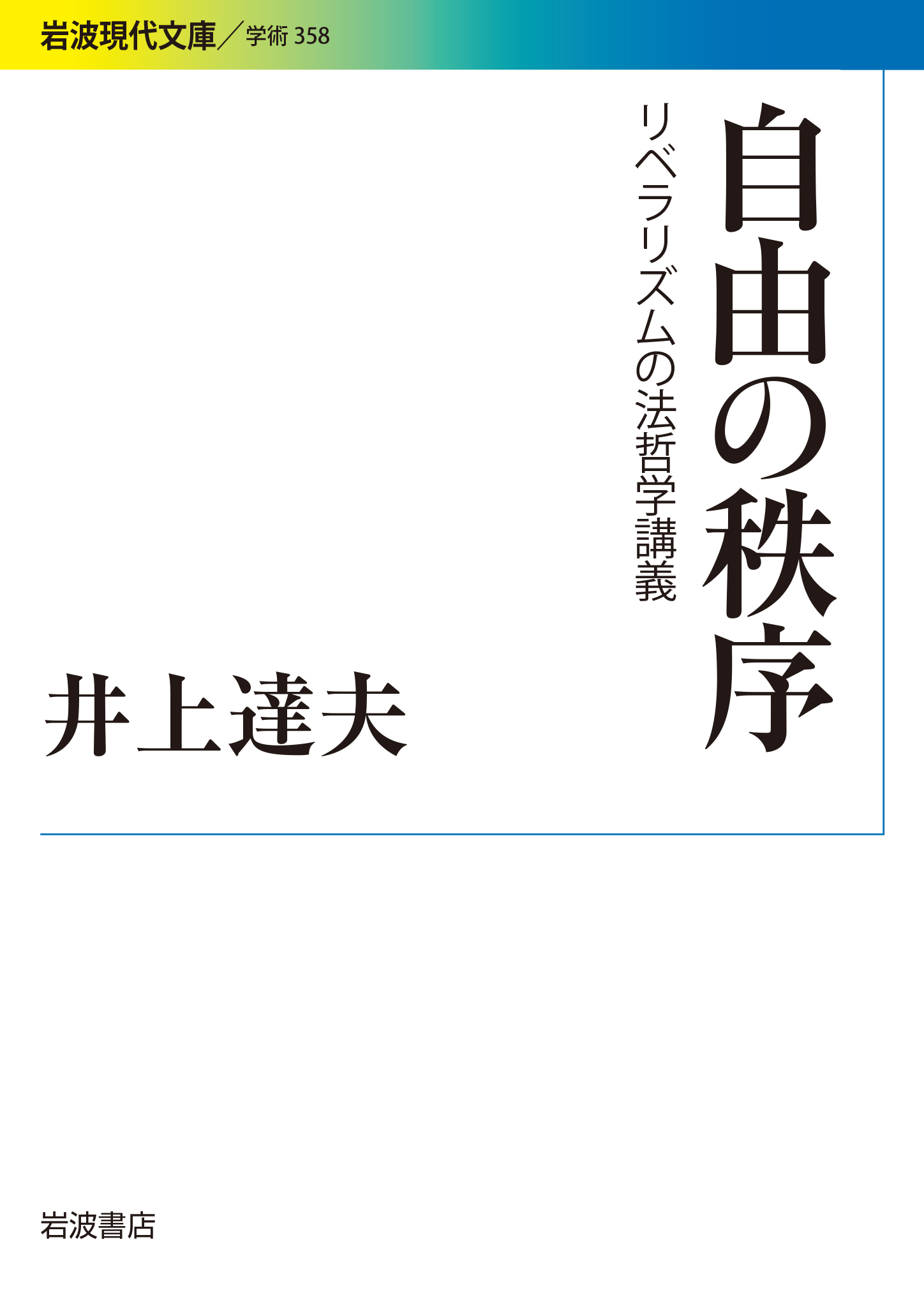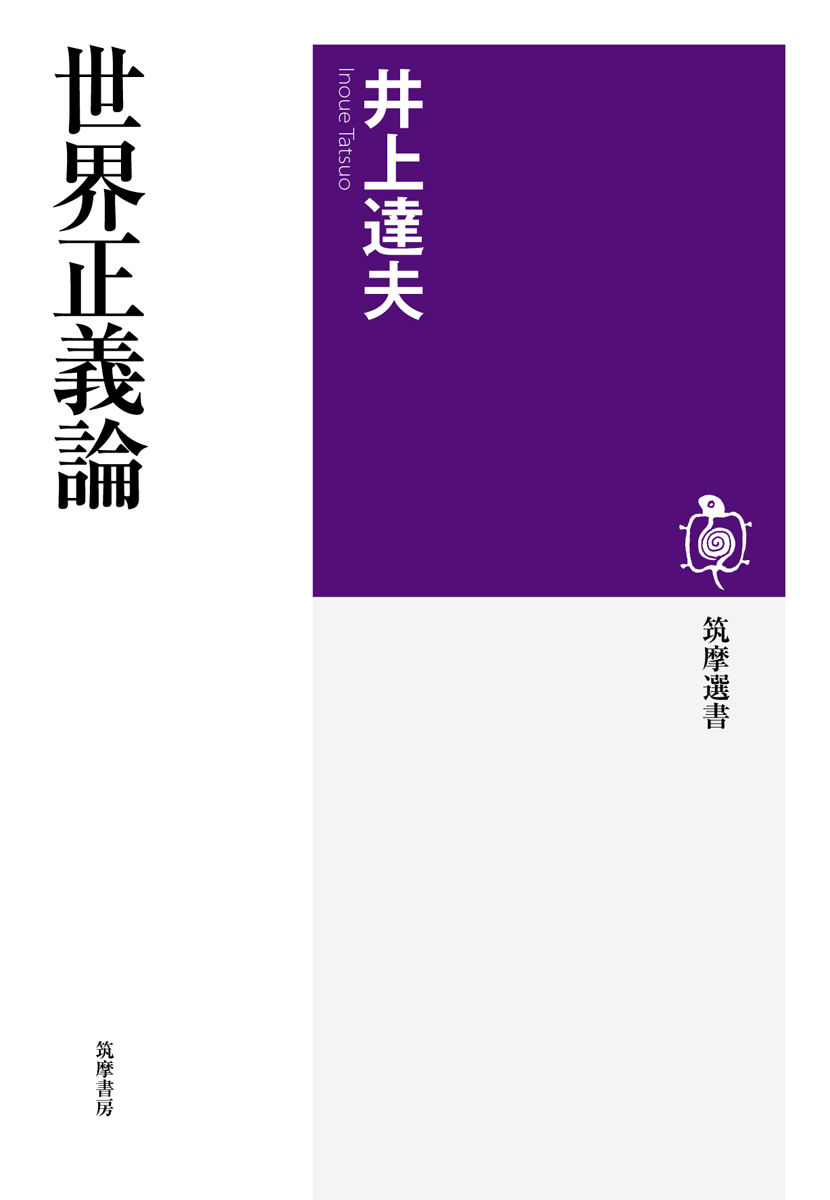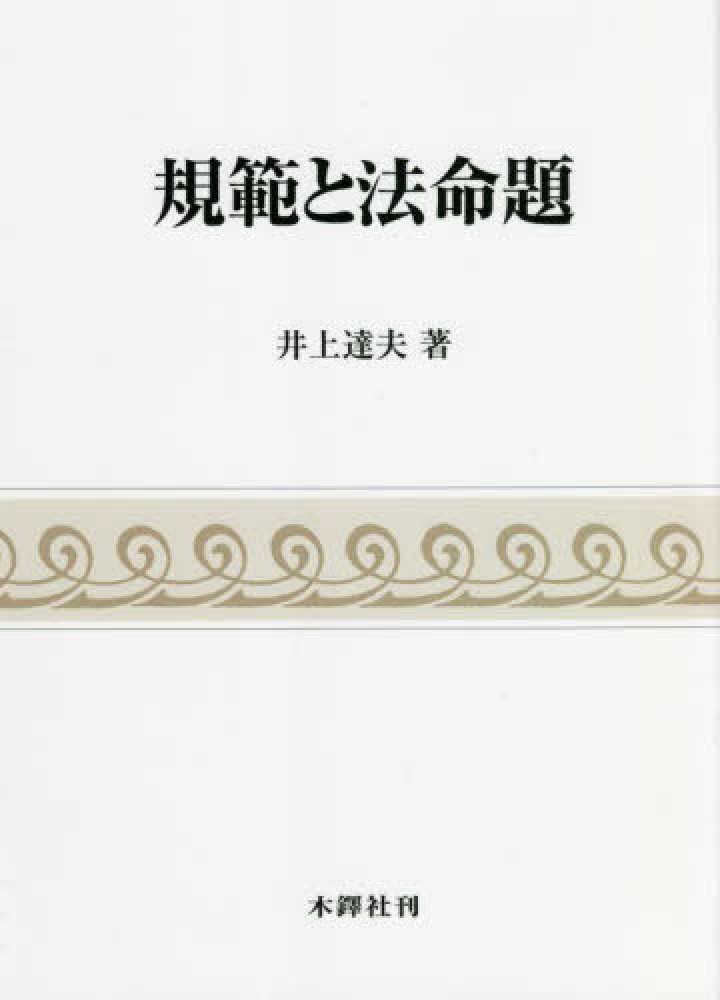
Title
Kihan to Hōmeidai (Norms and Propositions of Law - Norm-Theoretical Foundations for Philosophy of Law)
Size
451 pages, A5 format
Language
Japanese
Released
November 01, 2021
ISBN
978-4-8332-2543-4
Published by
Bokutakusha
Book Info
See Book Availability at Library
Japanese Page
This book is a substantially revised and expanded version of my long article titled Norms and Propositions of Law: Norm-theoretical approach to fundamental problems in the philosophy of law, which were divided into four parts and serially published in Kokka Gakkai Zasshi (The Journal of the Association of Political and Social Sciences) from 1985 to 1987. The original manuscript for the series was based on my monograph titled Norms and Truth submitted as a research fellow dissertation to the Faculty of Law, the University of Tokyo at the end of February 1980.
In the period following the World War II, value-relativism and legal positivism—or, more exactly, descriptive legal positivism—reorganized by the theoretical framework of analytical philosophy dominated the philosophy of law. When I started my research career, I soon came to hold that this post-war state of philosophy of law was bankrupting the philosophy of law by excluding discussion of normative theories of justice and normative foundations of law’s nature from investigation and made it my goal to overcome this situation. To this end, I also believed that natural law doctrines and other dogmatic ideologies, which were stuck in a deadlock, had little to offer. To revitalize the philosophy of law, I thought it would be necessary to refute value relativism and legal positivism by delving even deeper into their philosophical foundations in the various subfields of analytical philosophy, especially meta-ethics, and, by planting myself firmly in the rigorous intellectual discipline and detailed theoretical standards of analytical philosophy, resurrect the potential of normative theories of justice and normative theories of law’s nature.
To achieve this goal, in addition to criticizing noncognitivism, which is a meta-ethical variant of value relativism, this book proposes a theory of norms that overcomes the deficits and limitations of past cognitivist doctrines such as naturalism, intuitionism, and reason-analysis on the basis of a new cognitivism that develops Héctor-Neri Castañeda’s semantic analysis of “ought,” which has received little attention in the past. Further, based on this theory of norms, the book proposes a theory that elucidates enigmatic aspects of Rechtssatz [propositions of law] that were not able to be precisely elucidated by legal positivists such as Hans Kelsen and H.L.A. Hart or anti-positivists such as Ronald Dworkin. The book examines how this new theory of the propositions of law can elucidate fundamental questions in the philosophy of law including the normative-ontological nature of law, relationship between law and jurisprudence, and the relationship between law and morals.
The publication of this book comes 34 years after the publication of the 4-part serial article. While the criticism that this comes too late is apt, the book’s publication is, in some respects, timely, given the renewed interest in meta-ethics that we see now. The book is especially significant insofar as it has the distinctive features mentioned below that are lacking in current research on meta-ethics and directly-related research on theories of law’s nature. These features include (1) removing the nidus of amalgamation theory; (2) correcting the perverted worship of pragmatics (the pragmatics cult); (3) critically and thoroughgoingly examining Richard Hare’s theory of meta-ethics, which merges prescriptivism and the universalizability thesis; (4) investigating a new cognitivism to overcome the limitations of reason-analysis; (5) exploring the outcomes and challenges of analyzing deontic modality using possible-world semantics; and (6) reconstructing a theory of propositions of law that overcomes the limitation of legal positivism and Dworkin’s theory on the basis of the new cognitivist theory of norms developed along the line of (4). I would be most pleased if this book serves to stimulate young researchers and contributes to discussions that further the study of meta-ethics and theories of law’s nature.
The book not only adds to and revises the previous serial articles but, also, updates and expands the scope of discussion. Specifically, the book incorporates, as supplemental explanation, a long, unpublished manuscript of mine focusing on Alfred Tarski’s theory of truth in order to re-examine the correspondence theory of truth; critical examination of Dworkin’s total denial of meta-ethics presented in his magnum opus Justice for Hedgehogs, published in the last year of his life; as well as a response to Kaoru Ando’s criticism of my previous serial four-part article.
(Written by INOUE Tatsuo, Professor Emeritus, Graduate Schools for Law and Politics / 2022)



 Find a book
Find a book


